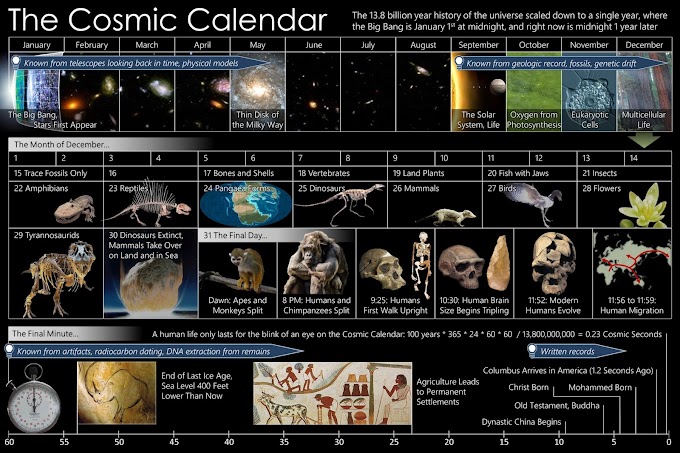One of the most widespread myths about human biology is that which states that the strongest or fastest sperm is the one that fertilizes the ovum, creating even a series of jokes and even derogatory phrases that surely everyone knows ("I can't believe you were the fastest sperm” etc.), or it has even been taken as an example for ridiculous motivational quotes (“When you feel depressed or sad, remember that you were once the fastest sperm”). All of that is very far from reality, and they are only a product of the "creativity" of people with poor formation or with a wrong idea of how human reproduction works.
Many people think that the process of a sperm fusing with the ovum is a matter of speed, like a race, and that first arriving sperm will be, after approximately 9 months (or in some cases less) a boy or girl newly arrived in the world, but that is a big mistake; without going too far into the complex process of fertilization and human reproduction (which I recommend consulting), in simple terms, it is really a "team work". During sexual intercourse, the male can ejaculate between 300 and 500 million sperms. Of those, barely 3 million manage to cross the cervix (the lower part of the uterus). Many are lost along the way, attached to the folds and cavities of the uterus. A large amount of sperm is needed for the acrosome, which is this outer part of the sperm, to degrade and weaken the layers around the ovule so that a path is created for the lucky one that can break the outer layer (imagine a large amount of soldiers trying to open a gap in a fortress during a siege, is not the most successful example, but it serves as a reference for those who have no idea how the process that allowed them to obtain life was).
The idea of the "faster" sperm comes from the fact that the egg closes after it is fertilized. The egg has a membrane that tends to kill the first sperm that reach it. This clears a path for the "successful swimmer" who fulfills the task. The winner must step on the "corpses" of the "faster" sperms. Then, the first to arrive never fertilizes, this explains why low sperm count can cause infertility. So it's not about speed, but about circumstances, strength, time and some luck.
Josher
February 10, 2019







0 Comments